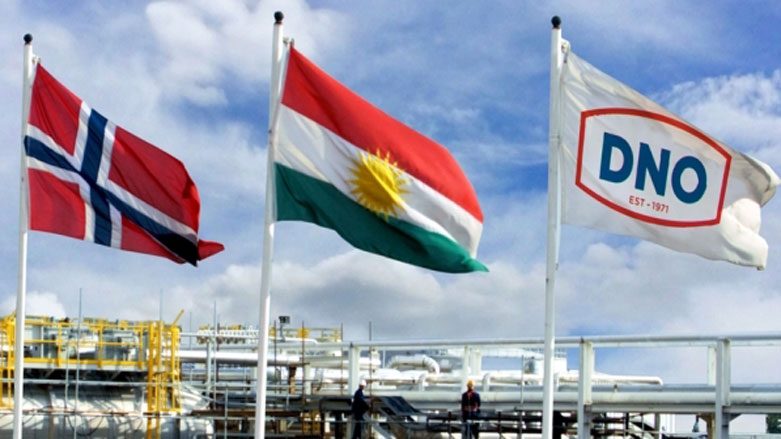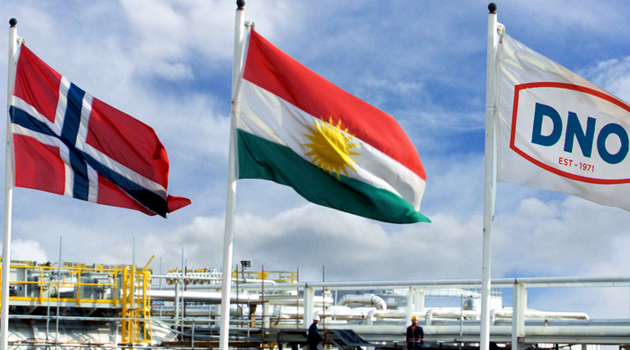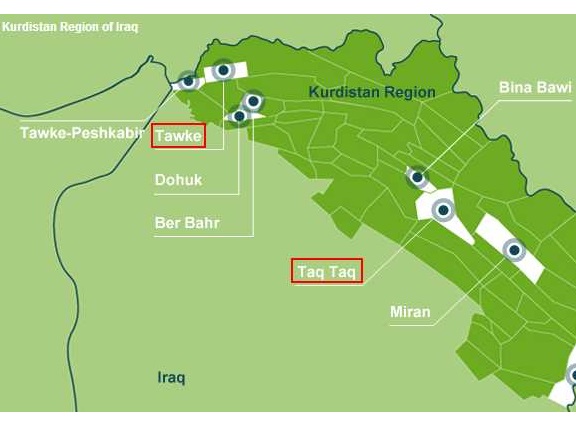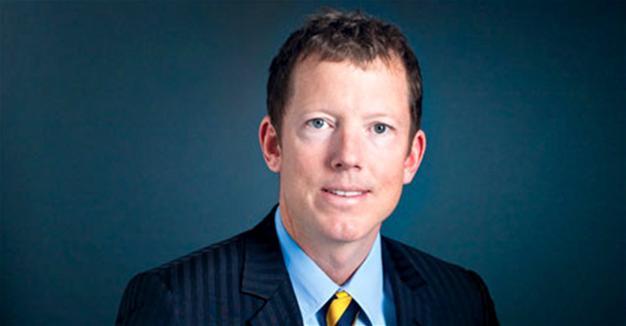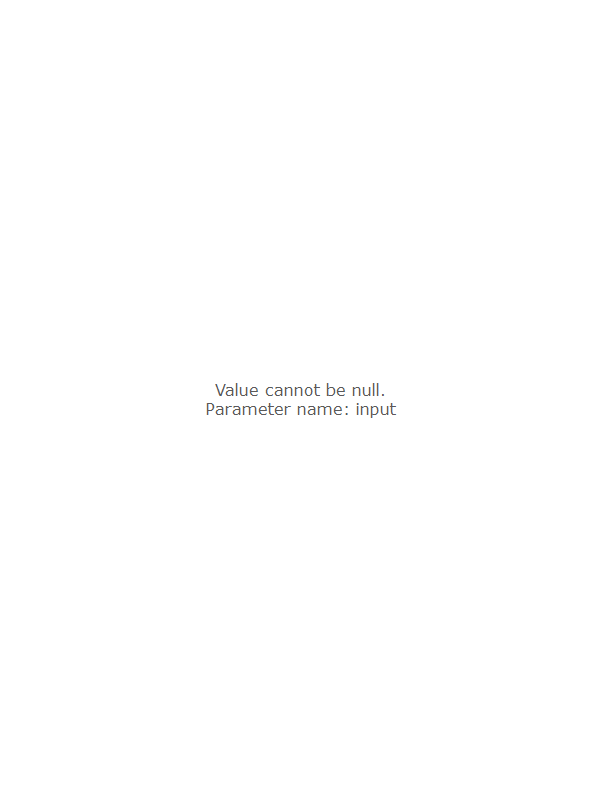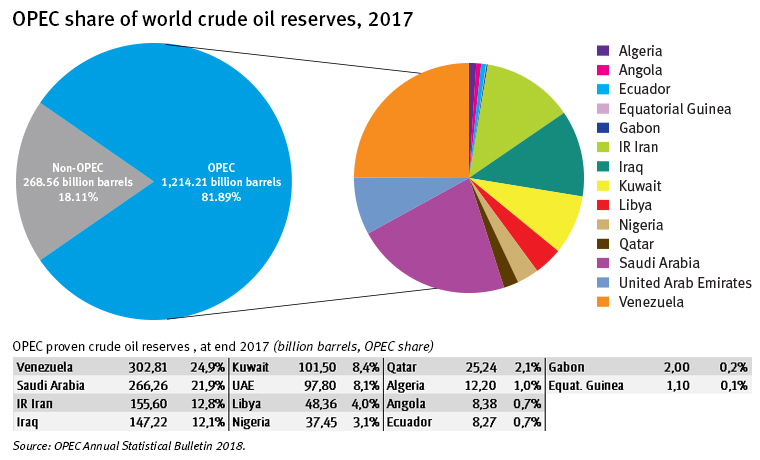Stephen Whyte, Chairman of Genel Energy, gave the following update on the business at the Company’s Annual General Meeting, held in London on Thursday:
Genel had a very successful 2018, with free cash flow generation of $164 million even while making significant investment in growth.
2019 has seen us continue this success. We are delivering year-on-year production growth, we have made portfolio additions that perfectly complement our existing asset base, and our cash position continues to strengthen.
Genel is participating in 20 wells this year, the most of any IOC in the Kurdistan Region of Iraq (‘KRI’). Drilling on the Tawke and Peshkabir fields is ongoing, with activity ramping up as we progress through 2019. Year to date production from the Tawke PSC is currently c.126,800 bopd, with Peshkabir driving impressive growth compared to the prior year’s period.
The drilling programme at Taq Taq has now delivered three successful wells, and year to date production is currently c.13,300 bopd, an increase from the 2018 average of 12,350 bopd. We are continuing to achieve successful results from the flanks of the field, and are drilling ahead at pace.
Total Genel working interest production across all assets is 37,600 bopd, running slightly ahead of our expected 10% increase in year-on-year production.
Even as we invest to deliver this production increase we continue to improve our cash position, generating almost $50 million in free cash flow in the first four months of the year. We expect to keep up this impressive run rate. Our current expectation is that we will generate well over $100 million in free cash flow over the course of 2019, prior to the payment of the dividend, even after increasing expenditure on our growth opportunities.
The results at Peshkabir show the significant success that can be obtained from our low-cost, rapid return operations in the KRI. While investing to increase production from 12,000 bopd to 55,000 bopd over the course of the year, Genel still generated $50 million of free cash flow from the asset. This level of return is hard to match anywhere else in the world, and illustrates why we continue to look for further opportunities in the KRI.
Put simply, the KRI is a very good place in which to operate. Payments have been made on a monthly basis for over three and a half years now, the political situation continues to improve – with Baghdad having made budget payments to the Kurdistan Regional Government for over a year – and the low-cost of operations helping to set a breakeven oil price at an asset level of $20/bbl.
We are still looking to diversify the portfolio, but we will not ignore further opportunities in the KRI – and indeed continue to focus on these where our presence on the ground and regional expertise mean we can maximise their value potential for shareholders.
In that context, as you are probably aware by now, we were delighted to add Sarta and Qara Dagh to the portfolio. They tick all of the boxes, as we partner with Chevron on assets that offer a mixture of near-term production and long-term growth potential.
Sarta is expected to enter production in the middle of 2020, and we will develop the field utilising a similar strategy to the one that was so successful (and cash-generative) at Peshkabir. While we do not want to get ahead of ourselves there are hydrocarbons throughout the structure in all of the typical KRI reservoirs, from the Tertiary down to the Triassic.
We are focused on building an even stronger business with material growth potential, providing a clear and compelling investment case that offers the opportunity for a significant increase in shareholder value. As we prioritise that growth, we have also initiated a material and sustainable dividend, providing investors with a compelling mix of growth and returns.
I am delighted that Bill Higgs is now sitting alongside me as CEO, and that Esa Ikaheimonen, our CFO, has also joined the Board.
On a personal level, the transition that I was keen to oversee is now complete. As such I have decided that this will be my last AGM as Chairman of Genel, and I will leave the Company for new challenges once a suitable successor has been identified. When I joined the Board two years ago the share price was under 80p, production was declining, Genel had unpaid oil receivables of over $400 million and $142 million in net debt.
Genel’s production and net cash position is now rising, the portfolio is positioned to provide material organic growth, and Genel now has the right team to deliver that growth. Management has a wealth of experience in the sector, experience that can also be utilised to make further value-accretive portfolio additions and optimise our growing cash pile to generate value for shareholders.”
Genel will announce results for the six months ending 30 June 2019 on Tuesday 6 August 2019.
(Source: Genel Energy)

